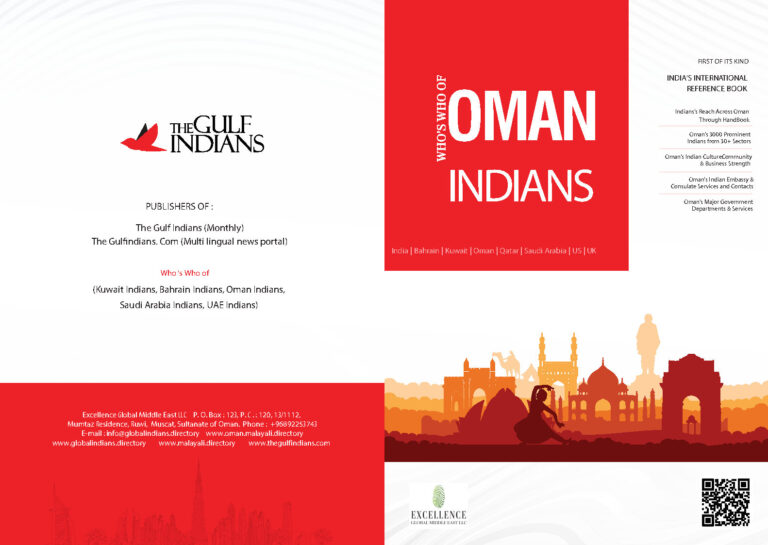Our Correspondent
The UAE government has announced that employees of all ministries and federal entities will be required to undergo mandatory COVID-19 PCR testing every 14 days from January 17 onwards.
In a circular issued on January 5, the Federal Authority for Government Human Resources said the move is part of the government’s efforts to limit the spread of the coronavirus, preserve the health of employees, and keep work environments safe.
Those who have taken the COVID-19 vaccine are exempt from the new regulations, the circular added. It said that the COVID-19 vaccine is available free of charge in all government health centres across all the country, as well as in a number of private hospitals.
The authority also requested all federal ministries and entities to encourage their employees to get inoculated, especially those with chronic diseases and senior citizens.
The circular also stipulated that all employees of ministries and federal entities are to get tested at their own expense, except for those who provide a medical report issued by official health authorities in the country exempting them from taking the vaccine due to an illness or a health condition, in which case, their employer should cover the costs of the nasal swab test every 14 days.
Employees of outsourced and public services companies who are employed on a full-time basis also have to follow the 14-day rule. Employees from advisory and expert services companies that deal with government bodies on a one-off basis will need to present a negative PCR test result that is no more than 3 days old.
Dubai issues new protocols
The Dubai Health Authority (DHA) has announced that the isolation period for certain COVID-19 patients and close contact cases has been reduced to 10 days from the initial 14-day period.
The shortened isolation period is applicable to COVID-19 patients who did not develop any symptoms after testing positive. The reduced isolation period also applies to patients who developed only mild cases of COVID-19 and have fully recovered from their symptoms without the use of fever-reducing medications.
Individuals who have come in close contact with a confirmed COVID-19 case but did not develop any symptoms should also abide by the new quarantine period of 10 days, starting from the day they were exposed to the confirmed case.
Patients who are hospitalised after developing moderate, severe or critical COVID-19 symptoms can be discharged only after they have tested negative in two consecutive PCR tests taken 24 hours (or more) apart. The patient should also be afebrile for more than three days without taking fever-reducing medications, and should have improved minimal respiratory symptoms; pulmonary imaging should also show significant improvement.
The DHA has prescribed that these patients self-isolate for seven days after they are discharged. If symptoms appear again during the two-week period after discharge, they should revisit the clinic for a follow-up.
The DHA said that shortening the quarantine period is based on global research on COVID-19, which found that the majority of contact cases get infected within the first 10 days from last exposure.











